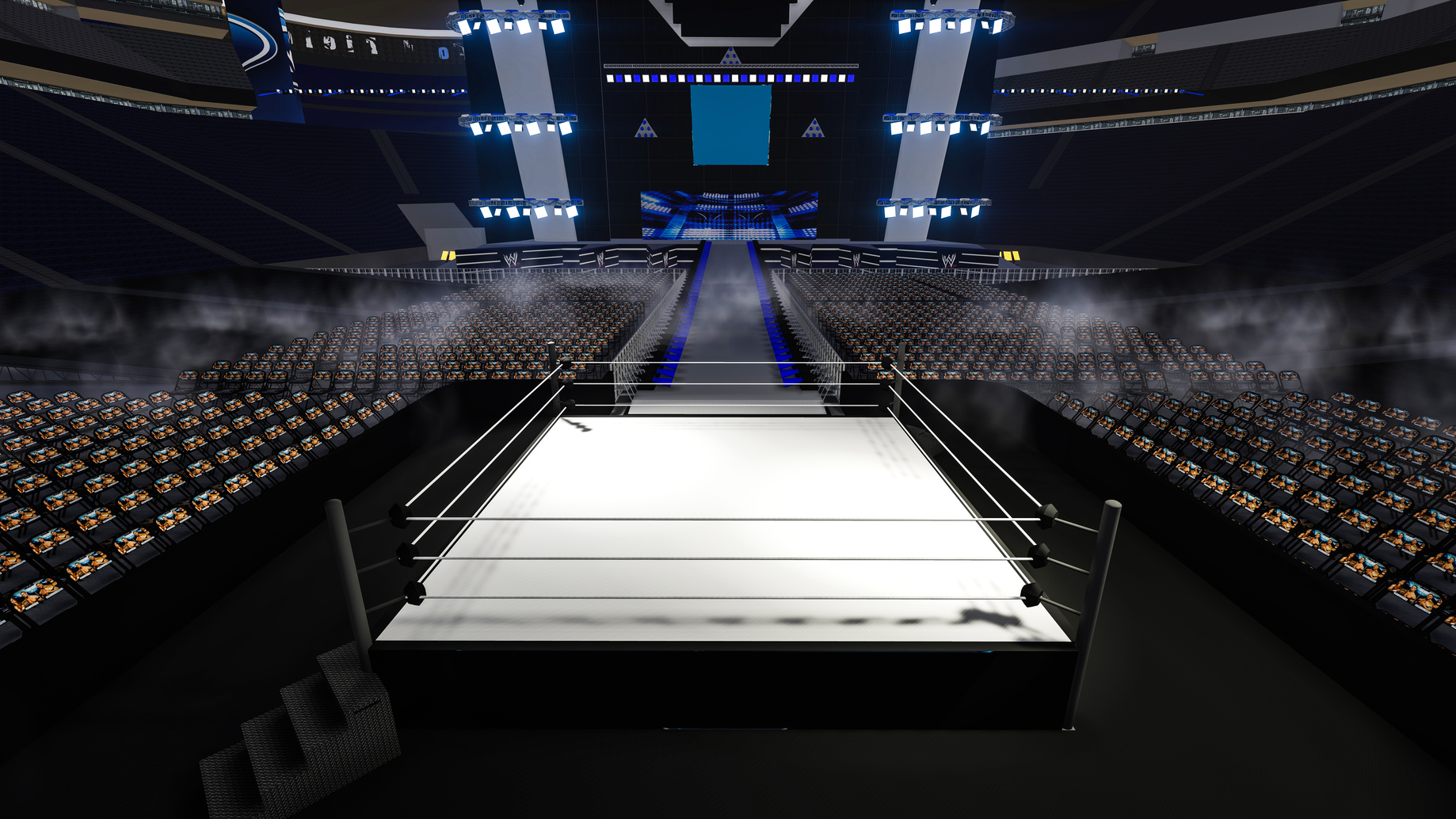Wrestling With Disability

There’s nothing fake about professional wrestling. The injuries are real and the brutality of being on the road for 220 days a year takes a tremendous toll on a wrestler’s body. The outcome of a match is predetermined, but the long-term collateral damage is all too real, evidenced by the incredible number of wrestlers who have died much too young.
WrestleMania VII: A Tragic Look Back
Of the 51 performers who participated in WrestleMania VII in 1991, 14 have died prematurely. One of the card’s best matches, an epic Career vs. Career match between the Ultimate Warrior and “Macho Man” Randy Savage is particularly tragic to look back on. Warrior and Savage as well as Sherri Martel and Miss Elizabeth – their respective valets – are no longer with us. Many early wrestler deaths have been attributed to the use of anabolic steroids, pain killers and alcohol – all lifestyle choices that can be tied to the demands of being a professional wrestler.
“You’re breaking your body to barely pay the bills.”
Having disability insurance is more important for the average professional wrestler due to the other costs associated with being a traveling performer. They do not have as much opportunity to save money for their future as the typical fan assumes. According to former WWE superstar Gabe Tuft, formerly known as Tyler Reks, “People assume once you’re on TV you make a load of money and drive Lamborghinis and stuff, and that’s just not the case. Here’s a perfect example: I hate to spill my salary on the internet, but when I left I got a bump to $100,000 a year.”
That may sound like a lot to the average wrestling fan who may make significantly less than that, but Reks says that “a third of that goes to road expenses. The only thing they pay for is your flight. You pay for your own hotel, and car, and food.” Taxes take an additional 20-30 percent, which leaves all but the most highly paid wrestlers in a financially precarious position in the event of an injury. “I was making more money fresh out of college as an engineer in an entry-level position than being on TV.”
Other than a small downside guarantee, wrestlers do not make money when they are not on the road performing; this is one of the perils of being an independent contractor. Having private disability insurance can make all the difference in the event of an injury that keeps a wrestler off the road and out of the squared circle, providing them with the income they need to pay their bills and care for their family.
Insurance Companies: A Tenacious Opponent
In the parlance of professional wrestling, the insurance companies are often the heel, using dirty tricks to avoid paying valid claims when a wrestler is unable to work. In the event of a frustrating draw with the insurance company, wrestlers nationwide can turn to our experienced Seattle disability attorneys to get the compensation they deserve.


